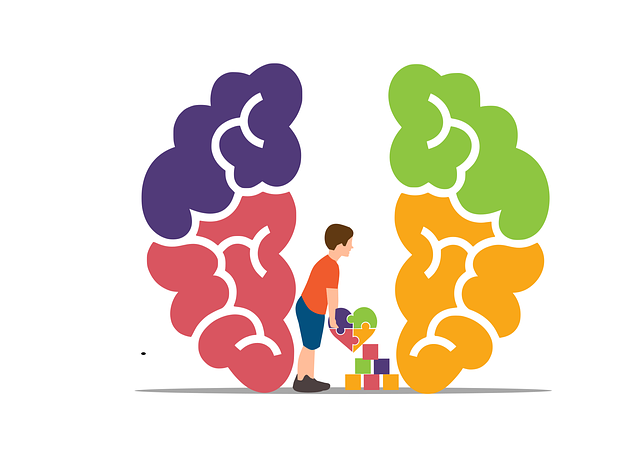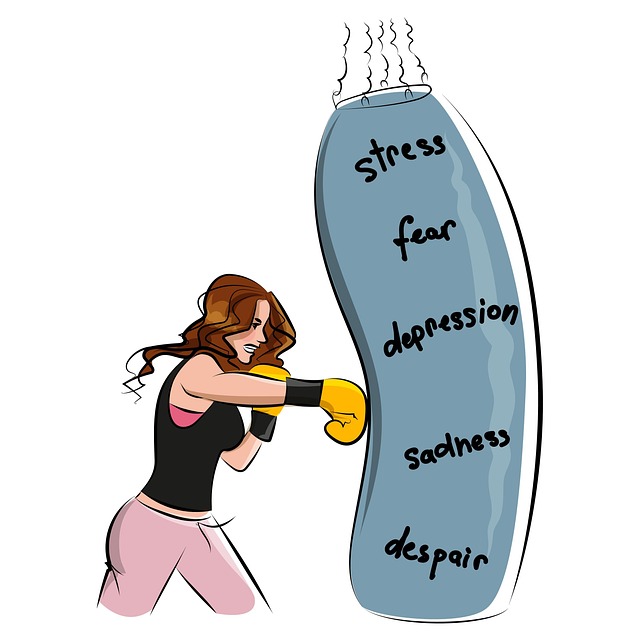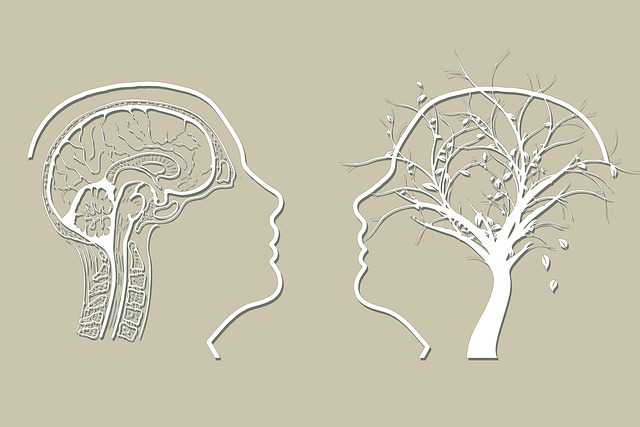Englewood Biofeedback Therapy offers a holistic, data-driven approach to stress management and crisis intervention, combining biofeedback technology with emotional regulation techniques. Their RFM (Restoration, Focus, and Movement) methodology, tailored resilience exercises, and community outreach programs empower individuals to navigate challenges calmly and foster overall well-being. Benefits are seen across diverse settings, from schools and clinics to corporate environments, reducing stress, improving academic performance, managing chronic conditions, and enhancing employee satisfaction. Through personalized growth strategies and regular outcome evaluations, Englewood Biofeedback Therapy helps clients develop long-lasting coping mechanisms for life's challenges.
“Discover how Englewood Biofeedback Therapy revolutionizes resilience building through RFM (Rest-Respiratory-Movement) techniques. This gentle approach targets mental fortitude, offering a holistic method to navigate stress and adversity. The article explores the power of RFM in various settings, from schools and clinics to corporate environments. Learn practical strategies for designing effective resilience exercises, measuring impact, and providing individualized care through tracking progress. Embrace a new era of well-being with Englewood Biofeedback Therapy’s proven methods.”
- Understanding Englewood Biofeedback Therapy: A Gentle Approach to Resilience
- The Role of RFM in Building Mental Fortitude: Unlocking the Potential
- Designing Effective Resilience Exercises: Practical Strategies for Success
- Implementing RFM Techniques in Various Settings: Schools, Clinics, and Corporate Environments
- Measuring Impact and Individualized Care: Tracking Progress and Adjusting Exercises
Understanding Englewood Biofeedback Therapy: A Gentle Approach to Resilience

Englewood Biofeedback Therapy offers a gentle yet powerful approach to building resilience within individuals and communities. This therapeutic method focuses on teaching participants how to gain control over their physiological responses, particularly in times of stress or crisis. By utilizing biofeedback technology, therapists guide clients to understand and manage their emotional regulation, thereby fostering a sense of calm and composure.
Through community outreach program implementation, the therapy extends its benefits beyond individual sessions. Crisis intervention guidance is provided, equipping folks with tools to navigate challenging situations. Englewood Biofeedback Therapy’s holistic approach emphasizes the interconnectedness of physical and mental health, aiming to enhance overall well-being. This strategy not only empowers individuals but also contributes to a more resilient community where emotional regulation skills can be shared and supported.
The Role of RFM in Building Mental Fortitude: Unlocking the Potential

In today’s fast-paced world, where stress and uncertainty often prevail, building mental resilience is more crucial than ever. This is where RFM (Restoration, Focus, and Movement) techniques, popularized by Englewood Biofeedback Therapy, step in as a powerful tool. By integrating restorative practices, targeted focus exercises, and dynamic movement routines, RFM offers a holistic approach to enhance one’s ability to cope with challenges and cultivate mental fortitude. This method allows individuals to develop an unshakeable sense of calm amidst life’s storm, thereby improving their overall well-being.
The effectiveness of RFM lies in its ability to engage both the mind and body. Public Awareness Campaigns Development and Conflict Resolution Techniques play a significant role in raising awareness about these practices, educating people on the importance of stress management. By regularly incorporating RFM into daily routines, individuals can unlock their full potential, fostering resilience that resonates through all aspects of life, from professional pursuits to personal relationships.
Designing Effective Resilience Exercises: Practical Strategies for Success

Designing effective resilience exercises is a key aspect of implementing RFM and building a robust framework for personal growth. These exercises should be tailored to meet individual needs, considering factors like age, mental health history, and specific challenges faced. At Englewood Biofeedback Therapy, we emphasize practical strategies that foster self-esteem improvement and compassion cultivation practices, making these sessions accessible and impactful.
One effective approach is integrating various techniques, such as mindfulness meditation, progressive muscle relaxation, and cognitive restructuring. Stress management workshops organized by the therapy center can empower individuals to develop healthy coping mechanisms, enhancing their ability to navigate life’s challenges. By combining these methods, participants learn to manage stress, regulate emotions, and cultivate a sense of resilience, ultimately leading to improved overall well-being.
Implementing RFM Techniques in Various Settings: Schools, Clinics, and Corporate Environments

Implementing RFM (Resilience, Flexibility, and Mindfulness) techniques in different settings has shown significant benefits for various groups, from students to corporate professionals. In schools, RFM exercises can help mitigate stress and anxiety among students, fostering a more productive learning environment. Englewood Biofeedback Therapy, for instance, integrates these practices into educational institutions, promoting emotional well-being and enhancing academic performance. This approach not only improves individual resilience but also encourages social and emotional learning, which is crucial for developing healthy relationships and effective conflict resolution techniques within the student body.
In clinics, RFM strategies can be powerful tools for managing chronic conditions and promoting mental health. Anxiety relief, for example, is a primary focus in many therapeutic settings, where mindfulness practices help patients develop coping mechanisms that extend beyond clinical walls. Similarly, corporate environments benefit from implementing these techniques to reduce stress levels and improve employee satisfaction. Through regular practice, workers can enhance their flexibility in handling workplace pressures, leading to better decision-making and increased productivity. Community outreach programs that incorporate RFM into their initiatives can empower individuals and strengthen social bonds, ultimately contributing to a more resilient and supportive community overall.
Measuring Impact and Individualized Care: Tracking Progress and Adjusting Exercises

Measuring the impact of resilience-building exercises is crucial for personal growth and ensuring that the right strategies are in place. At Englewood Biofeedback Therapy, we utilize advanced tracking methods to monitor each client’s progress, allowing us to tailor care specifically to their needs. This data-driven approach enables our therapists to adjust exercises and techniques over time, fostering continuous improvement and enhancing overall well-being.
By regularly evaluating outcomes, we can identify which practices resonate most with individuals, whether it’s integrating Compassion Cultivation Practices or incorporating Social Skills Training to combat burnout. This individualized care ensures that clients not only achieve short-term goals but also develop long-lasting coping mechanisms, empowering them to navigate life’s challenges more effectively.
Englewood Biofeedback Therapy offers a unique and gentle approach to building resilience through RFM techniques. By understanding the power of these methods, we can design effective exercises tailored to diverse settings like schools, clinics, and corporate environments. Measuring impact is crucial for individualized care, ensuring progress continues to be made. Implementing these strategies allows us to foster mental fortitude, creating a more resilient community.














